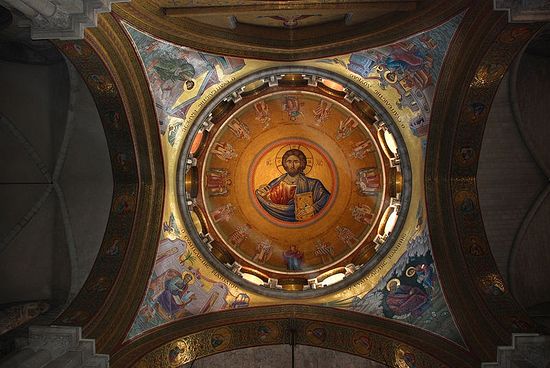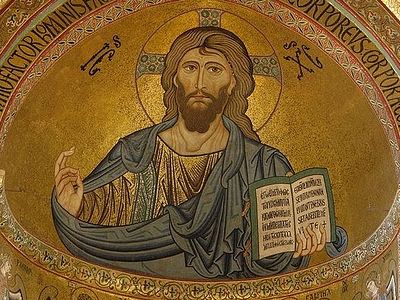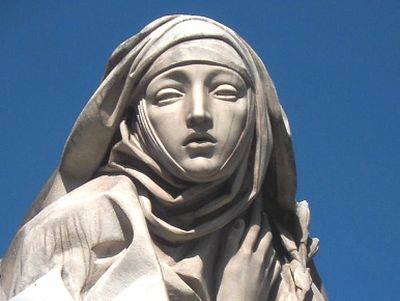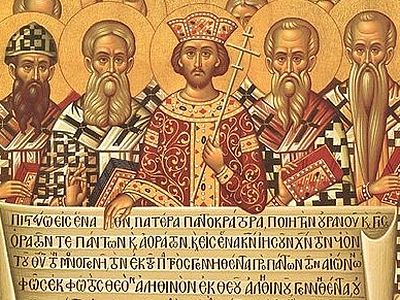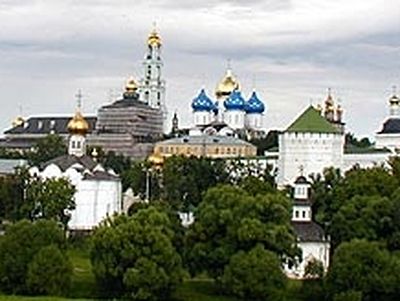Source: Newsmax
Eastern Orthodox Christianity predates Protestantism by about 500 years. Their core beliefs are similar to those of Catholicism.
In fact, the creeds of the two denominations are nearly identical. However, there are key differences between Orthodox Christianity and other Christian denominations.
Here are five ways Eastern Orthodox differs from other Christian denominations:
1. The Authority of the Pope: Unlike Catholics, Orthodox Christians reject the authority of the pope as Christ's representative on earth. They see the pope as no greater than nor less than any other bishop (the pope is the bishop of Rome). However, this also sets them apart from Protestant denominations, who reject the notion of apostolic succession completely, believing that each individual church is obligated only to itself and to God.
2. The Communion of Saints: Eastern Orthodox Christians believe that those who have died in Christ are alive today in heaven and that we can communicate with them through prayer. They don't see this as worship of the saints; they believe that the saints can't act on their own power but only through interceding with Jesus on our behalf.
3. Christ's Presence in the Eucharist: Orthodox Christians believe that the bread and wine of the Eucharist are literally transformed into the real body and blood of Christ. Conversely, most Protestant denominations, if they celebrate the Eucharist at all, believe it to be only a symbolic reminder of the Last Supper.
4. Role of Mary as the Mother of Jesus: Like Catholics, Eastern Orthodox Christians believe that Mary was deserving of veneration as the mother of Jesus. They also believe Mary was assumed bodily into heaven. Most Protestant denominations don't attribute a great deal of significance to Mary.
While Catholic beliefs are similar to those of Orthodox Christians, there is one important distinction. Catholics believe in the doctrine of the Immaculate Conception, which teaches that Mary herself was conceived without original sin. Orthodox Christians, on the other hand, reject altogether the concept of original sin that is passed from one generation to the next. Therefore, they believe there was no need for an Immaculate Conception.
5. The Nature of Salvation: Eastern Orthodox Christians believe that salvation is achieved both through faith in the sacrifice of Jesus and a lifelong effort to lead a holy life and to become closer to God. This is much closer to the Catholic concept of salvation than to that of the Protestants, who believe that it is impossible to "earn" salvation and that it can only be gained through faith in Jesus.
